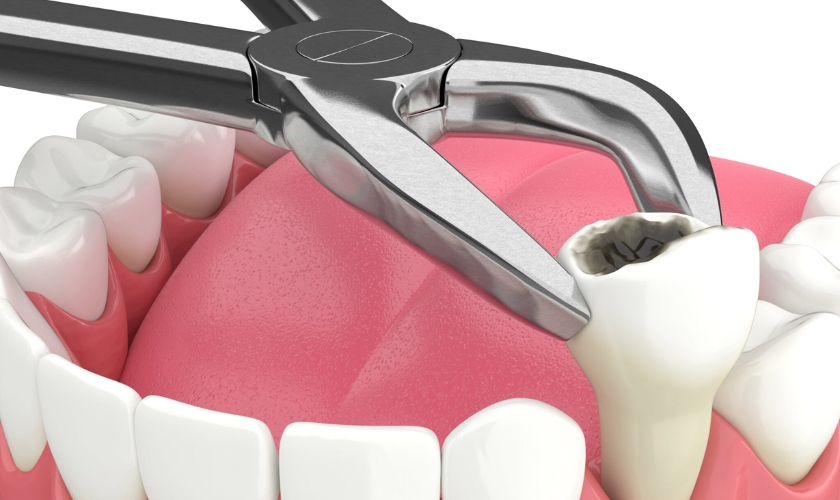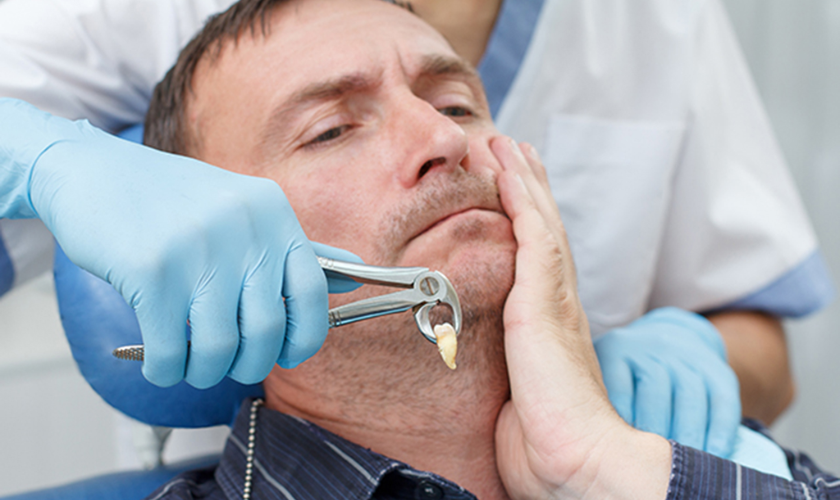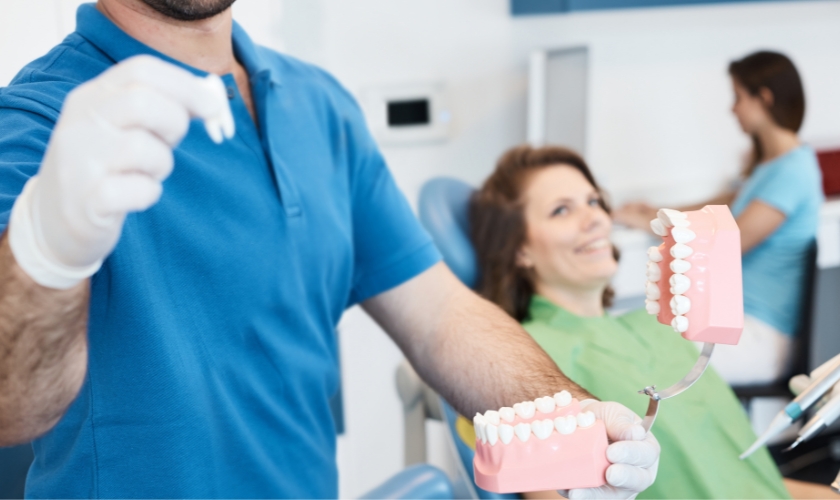
Are you a smoker who’s been putting off that dreaded tooth extraction? Well, it’s time to clear the smoke and shed some light on this burning topic! Whether it’s removing wisdom teeth or dealing with a pesky decayed molar, we all know that dental extractions can be nerve-wracking. But what about smoking after the procedure? Are there any risks involved? Join us as we unravel the truth behind tooth extraction and smoking, dispel myths, provide helpful recommendations, and pave the way for a healthier smile!
What is Tooth Extraction?
The process of extracting a tooth from its jawbone socket is known as a tooth extraction. There are various reasons why tooth extraction may be recommended, including severe decay, advanced gum disease, impaction, or the need to create space for orthodontic treatment. While the extraction itself is a routine procedure, the postoperative healing phase is crucial for preventing complications and ensuring a smooth recovery.
Risks of Smoking After Tooth Extraction:
Delayed Healing
Smoking has been linked to delayed healing processes in the body. Nicotine, a key component of tobacco, constricts blood vessels, reducing blood flow to the surgical site. This diminished blood flow can impede the delivery of oxygen and nutrients essential for the healing of tissues, potentially leading to a slower recovery.
Increased Infection Risk
Smoking weakens the immune system, making people more prone to diseases. After tooth extraction, the surgical site is vulnerable to bacterial colonization, and a weakened immune response from smoking can increase the risk of postoperative infections.
Dry Socket Formation
Dry socket, also known as alveolar osteitis, is a distressing condition that may occur following a tooth extraction. It occurs when the blood clot that normally forms in the socket is dislodged or dissolves prematurely. Smoking has been identified as a risk factor for dry sockets, as the act of inhaling can create negative pressure in the mouth, disrupting the formation and stability of the blood clot.
Impaired Gum Healing
Smoking has been shown to impair the healing of soft tissues, including the gums. This can be particularly concerning after tooth extraction, where the gums play a crucial role in the closure of the extraction site.
Recommendations for Individuals Who Smoke After Tooth Extraction:
Smoking Cessation
The most effective way to mitigate the risks associated with smoking after tooth extraction is to quit smoking, at least temporarily, during the critical healing period. Smoking cessation not only promotes better oral health but also improves overall well-being.
Abstain During Initial Healing
If quitting smoking is not immediately feasible, it is strongly recommended to abstain from smoking during the initial days of the healing process. The first 72 hours are especially crucial for the formation of a stable blood clot and the prevention of complications.
Nicotine Replacement Therapy (NRT)
For individuals finding it challenging to quit smoking entirely, nicotine replacement therapy (NRT) may be considered. NRT, available in various forms such as patches, gum, lozenges, and inhalers, provides a controlled dose of nicotine without the harmful effects of tobacco smoke.
Strict Oral Hygiene
Maintaining excellent oral hygiene is paramount for individuals who smoke after tooth extraction. Following the dentist’s postoperative care instructions, including gentle brushing and rinsing with a prescribed mouthwash, can help minimize the risk of infection.
Increased Fluid Intake
Maintaining proper hydration is crucial for maintaining good health and plays a vital role in the body’s healing process. Increasing fluid intake can help counteract the dehydrating effects of smoking.
Regular Follow-up with the Dentist
Individuals who smoke after tooth extraction should schedule regular follow-up appointments with their dentist. Monitoring the healing progress and addressing any emerging issues can contribute to a smoother recovery.
Tooth extraction and smoking present a complex interplay of factors that can influence the outcome of the dental procedure. While quitting smoking is the most advantageous choice for oral and overall health, taking specific precautions and following recommendations can help mitigate the risks associated with smoking after tooth extraction.
As with any dental procedure, open communication with your dentist is crucial. By working together, individuals who smoke and their dental professionals can navigate the challenges, promote optimal healing, and pave the way for a healthier, smoke-free oral future.



